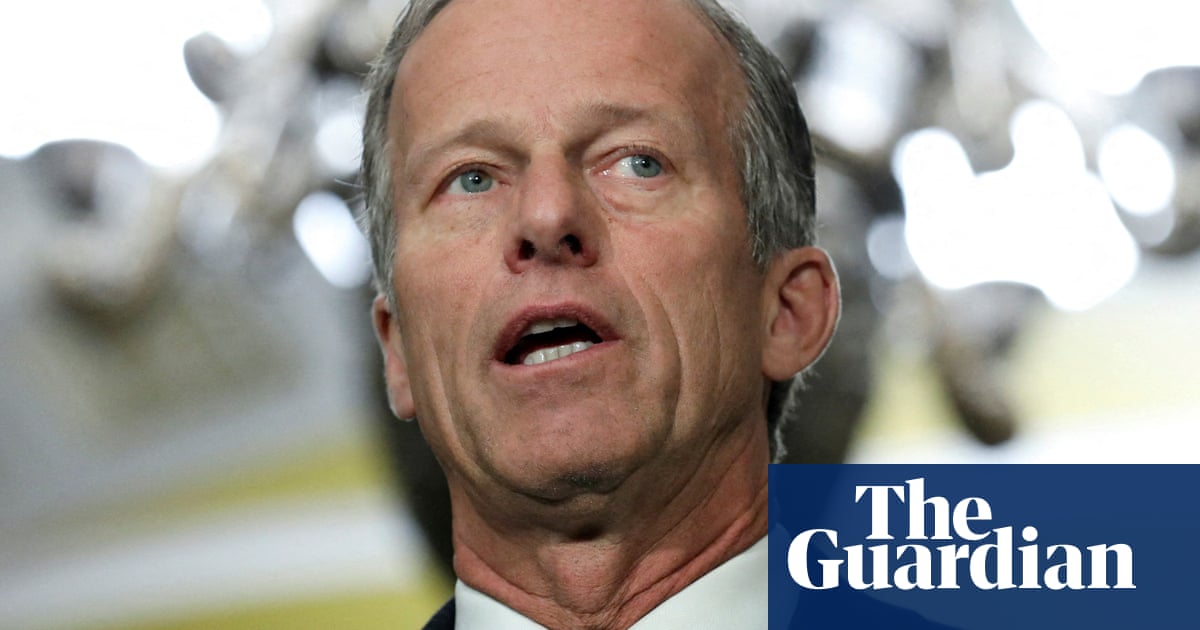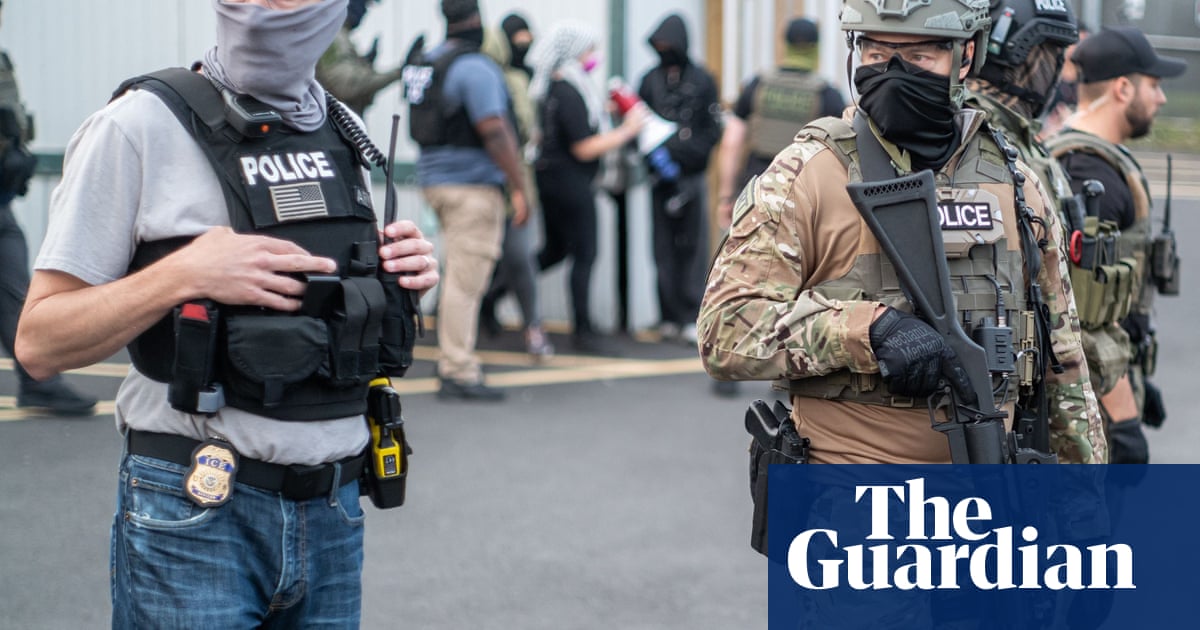The US defence secretary, Pete Hegseth, said Nato allies were “very close, almost near consensus” to an agreement to significantly raise targets for defence spending to 5% of GDP in the next decade.
The Trump administration official indicated he expected the increased target to be agreed at a summit in The Hague later this month – and confirmed that the headline figure was to be split into two parts.
“This alliance, in a matter of weeks, will be committing to 5%: 3.5% in hard military and 1.5% in infrastructure and defence-related activities. That combination constitutes a real commitment,” he said.
Hegseth was speaking at a press conference at Nato headquarters in Brussels after the morning session of an all-day meeting of defence ministers from the 32-country transatlantic military alliance.
“I’m very encouraged by what we heard in there,” Hegseth told reporters. “Countries in there are well exceeding 2% and we think very close, almost near consensus, on a 5% commitment to Nato.”
Nato’s current target level for military spending, agreed at a summit in Cardiff in 2014, is 2% of GDP, but Donald Trump has repeatedly claimed that European allies and Canada do not spend enough compared with the US.
In an attempt to avoid Trump wrecking the first Nato summit of his second term, the alliance’s new secretary general, Mark Rutte, proposed a 3.5% plus 1.5% target, though there is some ambiguity about the target date.
Initial reports suggested that Rutte wanted allies to hit the target from 2032, though earlier this week British sources suggested the date could be 2035. Sweden’s defence minister said he would like to see the target hit by 2030.
Only Poland currently exceeds the 3.5% target for hard military spending at 4.32%, according to Nato figures, while the US defence budget, the largest in the alliance, amounts to 3.4% of GDP, at $967bn (£711bn).
The UK spends 2.33% of GDP on its military, but has pledged to increase that to 2.5% by 2027 and to 3% some time in the next parliament. Earlier this week the prime minister, Keir Starmer, declined to set a firm date for the UK achieving 3% as he unveiled a strategic defence review.
after newsletter promotion
Rutte will visit London on Monday to meet Starmer before the summit. Downing Street said the prime minister and the secretary general would “talk about how we ensure all allies step up their defence spending now in order to respond to the threats that we face now”.
Germany’s defence minister, Boris Pistorius, said Berlin would need up to 60,000 additional troops to meet new Nato targets for weapons and personnel. “We are stepping up to our responsibility as Europe’s largest economy,” the minister said on Thursday.
Germany, which currently spends 2.12% of GDP on defence, had been singled out by Trump as a laggard in spending, though until Russia’s full-scale invasion of Ukraine, Berlin had been reluctant to be a leader in European military spending, partly due to the memories of the militarism of the second world war.

 German (DE)
German (DE)  English (US)
English (US)  Spanish (ES)
Spanish (ES)  French (FR)
French (FR)  Hindi (IN)
Hindi (IN)  Italian (IT)
Italian (IT)  Russian (RU)
Russian (RU)  3 weeks ago
3 weeks ago
























Comments